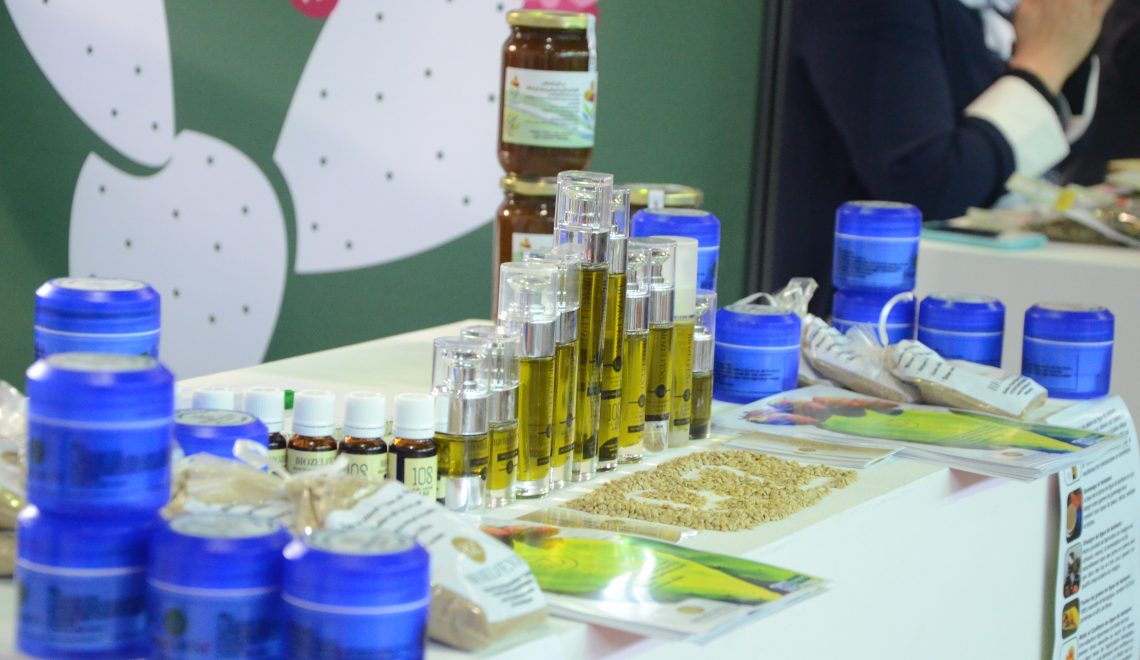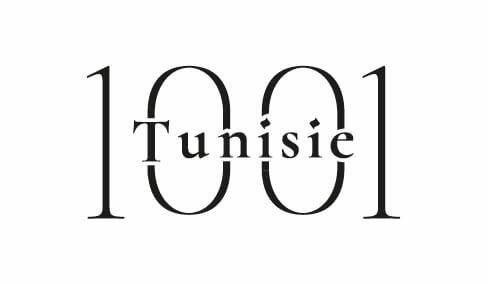
Zelfen is located in the governorate of Kasserine in the southwest of Tunisia. It is in this locality that takes us “Alf thniya w thniya” (1001 roads) supported by the Badira( https://www.facebook.com/labadira/ )and its Spa by Clarins.
This second episode is dedicated to the capital of Opuntia ficus-indica, commonly known as prickly pear. The oil of this fruit with innumerable virtues is even more famous. It has become one of the most coveted products on the markets for beauty products, especially with the rapid and global evolution of natural cosmetics.



For thousands of years, the Aztecs, a people of Central America, which is also the native region of the prickly pear, used this fruit as a miracle cure for diabetes. It was introduced in the Mediterranean by the Spaniards. This is how the inhabitants of the Maghreb discovered it. Moroccans have in fact the anti-aging treatment par excellence, in addition to their famous argan oil. The Tunisians have made its production a structured sector, especially in Zelfen where 25,000 hectares of land is devoted to the cultivation of this once wild fruit.
Tunisia has also become one of the biggest producers-exporters of organic prickly pear oil in the world. 90% of the production of organic prickly pear oil is destined for export of which 80% to Europe and 10% to America.
 The promotion of this product is currently made thanks to the efforts of the Ministry of Agriculture, the Directorate of Organic Farming and of course the Pampat program(https://www.facebook.com/PAMPAT.tn/) who also works on two other local products: harissa and The figs of Djebba, a unique variety of the region of the same name (Djebba is located in the governorate of Beja) and only fruit in Tunisia benefiting from the AOC label.
The promotion of this product is currently made thanks to the efforts of the Ministry of Agriculture, the Directorate of Organic Farming and of course the Pampat program(https://www.facebook.com/PAMPAT.tn/) who also works on two other local products: harissa and The figs of Djebba, a unique variety of the region of the same name (Djebba is located in the governorate of Beja) and only fruit in Tunisia benefiting from the AOC label.

The organic prickly pear oil is available in pharmacies and parapharmacies. It is sold in bottles of 10 and 20ml. It is produced by a dozen companies in Tunisia who buy this fruit from 800 farmers who provide about 2,500 tons of organic prickly pears. Among these companies, we mention, Nopal Tunisie, one of the specialists of the organic prickly pear. The company offers virgin organic prickly pear oil rich in vitamin E and sterol.https://www.facebook.com/NakawaBIO/ , Omega Tunisia (https://www.facebook.com/OmegaTunisie/, Bioreint ( http://www.bioorient.com.tn/3-huiles-vegetales-tunisie,) is also known on the market for the production of organic prickly pear oil.
Organic prickly pear oil, now a luxury product, is sold on the Tunisian market at 1800 DNT per liter and more than 1000 EURO per liter on international markets. The production of a liter of oil of prickly pear requires 30 kilos of seeds. After drying, extraction of the oil from the prickly pears is done by cold pressing in order to preserve the active ingredients.
Note that this oil is, by virtue of its virtues, more and more integrated by hotels, thalassotherapy centers and spa to their offers of care and protocols of beauty. The main brands of organic cosmetics are also interested in making anti-oxidant, calming and firming care. It is generally present in anti-wrinkle cosmetics and creams against stretch marks or for sensitive skin. Its texture is restructuring and nourishing. It strengthens the hydrolipidic film that covers the epidermis of the skin and protects it against free radicals.
The inhabitants of Zelfen and the Tunisians generally use it frequently in the form of a mask which they spread at night before sleeping for more efficiency. Being low in fat, it is suitable for all skin types and is very effective against scars.
Blended with white or green clay, the organic prickly pear oil can be used as a mask exfoliating and soothing, especially during the ritual of the oriental hammam. After sweating and scrubbing, it is also recommended to get a massage based on essential oils. The prickly pear oil can be stored in the dark, in glass bottles and at room temperature.
To listen to the podcast:
https://soundcloud.com/user-131908758/alf-thneya-we-thneya-ep2-huile-de-figue-de-barbarie-de-zelfen-kasserine

 َAbonnez-vous
َAbonnez-vous

